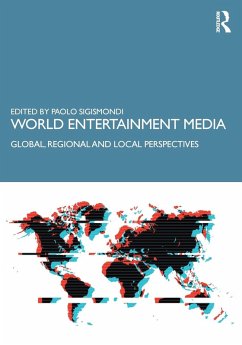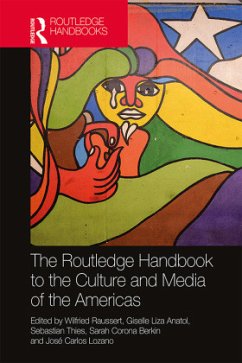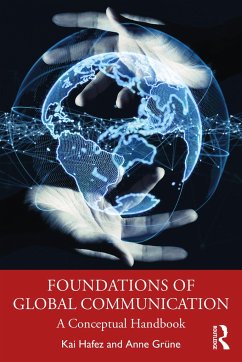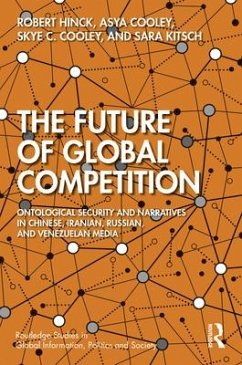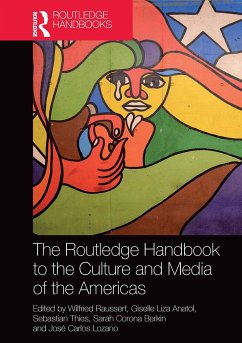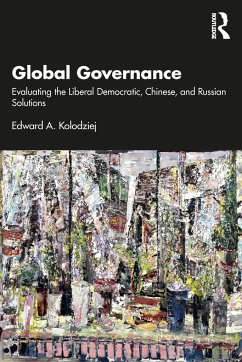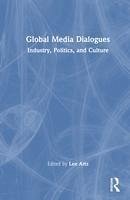
Global Media Dialogues
Industry, Politics, and Culture
Herausgegeben: Artz, Lee
Versandkostenfrei!
Versandfertig in 6-10 Tagen
144,99 €
inkl. MwSt.
Weitere Ausgaben:

PAYBACK Punkte
72 °P sammeln!
This book, the first of its kind, brings together leading scholars from multiple perspectives in a serious dialogue about continuity and change in global media production and content. Looking at a wide swath of the world, these authors show the emergence of transnational collaboration in global television and film production across national borders that seem to transcend national cultures and identities. At the same time, traditional class analysis of such phenomena is reframed within the rise of myriad social movements for equality, democracy, human rights, and defense of the environment. Wha...
This book, the first of its kind, brings together leading scholars from multiple perspectives in a serious dialogue about continuity and change in global media production and content. Looking at a wide swath of the world, these authors show the emergence of transnational collaboration in global television and film production across national borders that seem to transcend national cultures and identities. At the same time, traditional class analysis of such phenomena is reframed within the rise of myriad social movements for equality, democracy, human rights, and defense of the environment. What are the effects of media, local or global? Does the West continue to dominate or is cultural imperialism waning? With original chapters written by leading scholars from a variety of disciplines, this book will appeal to students and scholars interested in global media communication, cultural studies, and international political economy.








